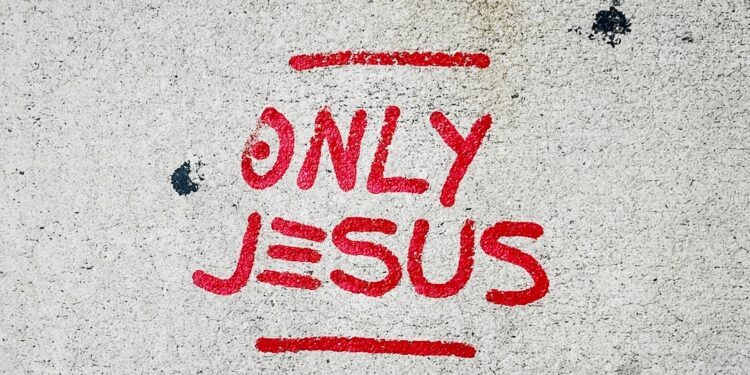Faith in Action: How our beliefs guide our actions and impact the world
Every individual possesses a set of beliefs that guide their thoughts, decisions, and actions. These beliefs, often rooted in religion, spirituality, or personal values, form the foundation of one’s faith. The concept of faith extends beyond a mere acceptance of religious doctrines; it encompasses the way we live our lives and the choices we make. Faith in action is a testament to the profound impact the beliefs we hold can have on both our personal lives and the world around us.
Our beliefs shape our perspectives, influencing how we interpret the world and the circumstances we encounter. When faith is at the core of our being, our responses to adversity become imbued with resilience, hope, and a sense of purpose. In times of hardship, faith-driven individuals often seek solace and strength from their beliefs, finding comfort in the belief that there is a higher power or greater purpose guiding their journey. This unwavering belief in something larger than ourselves allows us to navigate challenging situations with grace and determination.
Moreover, faith in action prompts us to live a life of compassion and empathy, extending a helping hand to others in need. Many religions and belief systems emphasize the importance of caring for the marginalized and practicing acts of charity. Such acts of service not only provide immediate relief but also contribute to the larger social fabric, fostering a sense of community and promoting social justice. Faith-driven individuals tend to engage in philanthropy, volunteerism, and advocacy, working to alleviate suffering and promote positive change in the world.
For example, countless religious and spiritual organizations devote themselves to humanitarian efforts, aiming to alleviate poverty, provide education, and support healthcare initiatives in disadvantaged communities. The selfless actions of individuals propelled by their faith have led to transformative projects such as the establishment of schools, hospitals, and organizations dedicated to tackling societal issues. These endeavors are a testament to the significant impact faith in action can have on the lives of others.
Moreover, faith has the power to shape our ethical and moral values, guiding us to live a life of integrity and virtue. Our beliefs provide a moral compass, helping distinguish between right and wrong, and encouraging us to act in alignment with our principles. Individuals truly dedicated to their faith often demonstrate traits such as honesty, patience, forgiveness, and a commitment to justice. Through their actions, they inspire those around them to emulate these virtues, creating a ripple effect of positive change.
Additionally, faith in action empowers individuals to engage in societal discourses and advocate for justice and equality. By drawing strength from their beliefs, individuals have the courage to challenge systems of oppression, discrimination, and injustice. For instance, many prominent civil rights leaders, such as Martin Luther King Jr. and Mahatma Gandhi, were guided by their faith in their pursuit of social justice and equality. These individuals harnessed the power of their beliefs to mobilize others, sparking movements that continue to impact the world today.
At times, certain individuals and groups may misuse faith to justify acts of violence or discrimination. However, it is important to distinguish between the positive impact faith in action can have and the misuse of beliefs to breed hatred and intolerance. Genuine faith should be a catalyst for love, empathy, and understanding, fostering unity and harmony among diverse communities.
In conclusion, faith in action is a testament to the profound impact our beliefs can have on both our personal lives and the world around us. Our beliefs shape our perspectives, influence our actions, and guide us to make choices aligned with our values. Whether through acts of service, advocacy, or the pursuit of social justice, faith-driven individuals have the power to create positive change and inspire others to do the same. By embracing our beliefs and allowing them to guide our actions, we can be agents of compassion, fairness, and hope, shaping a better world for all.















